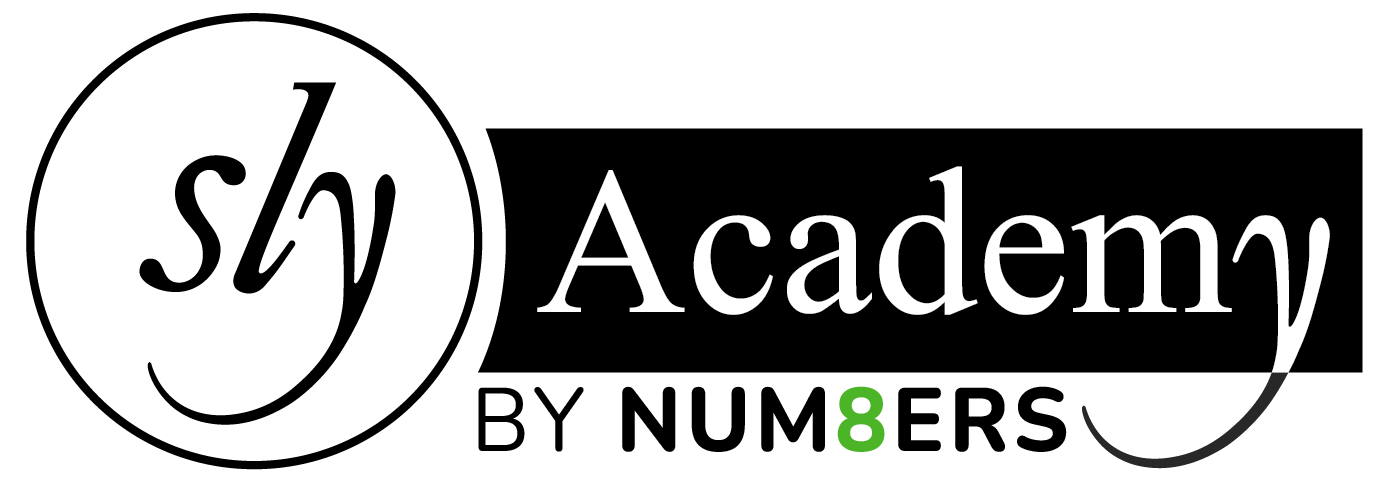An exploration of the universe with AP Physics 2: Algebra-Based. This course is designed to deepen your understanding of physics through a focus on fluids, thermodynamics, electricity, magnetism, optics, and modern physics. Here’s what every AP student needs to know:
Course Overview
AP Physics 2: Algebra-Based is an advanced placement course that builds upon the principles covered in AP Physics 1. You’ll explore complex topics and engage in hands-on laboratory work to investigate a wide range of physical phenomena.
Skills Development
In AP Physics 2, you’ll develop essential scientific skills, such as:
- Model Interpretation: Understanding and describing physical representations and models.
- Mathematical Application: Using algebra and trigonometry to solve physics problems.
- Scientific Inquiry: Formulating questions or hypotheses and designing experiments to test them.
- Data Analysis: Evaluating evidence to support scientific claims.
- Theoretical Integration: Working with scientific theories and connecting various physics concepts.
Equivalency and Prerequisites
- College Course Equivalent: Comparable to a second-semester college course in algebra-based physics.
- Recommended Prerequisites: Completion of AP Physics 1 or a similar introductory physics course and concurrent enrollment in pre-calculus or an equivalent course.
Exam Information
- Exam Date: Friday, May 17, 2024, at 12 PM Local Time.
- This is the scheduled date for the AP Physics 2: Algebra-Based Exam.
Course Units
The AP Physics 2 curriculum is divided into seven units, each focusing on different aspects of physics:
Unit 1: Fluids: Pressure and Forces
- Focus: Characteristics of fluids and their internal structure.
- Exam Weight: 10%–12%.
Unit 2: Thermodynamics
- Focus: Heat, temperature, and thermal energy in various contexts.
- Exam Weight: 12%–18%.
Unit 3: Electric Force, Field, and Potential
- Focus: Fundamental concepts of electromagnetism.
- Exam Weight: 18%–22%.
Unit 4: Electric Circuits
- Focus: Behavior of charged particles and circuit components.
- Exam Weight: 10%–14%.
Unit 5: Magnetism and Electromagnetic Induction
- Focus: Relationships between electric currents and magnetic fields.
- Exam Weight: 10%–12%.
Unit 6: Geometric and Physical Optics
- Focus: Modeling and understanding electromagnetic waves.
- Exam Weight: 12%–14%.
Unit 7: Quantum, Atomic, and Nuclear Physics
- Focus: Concepts of modern physics and their applications.
- Exam Weight: 10%–12%.
Preparing for Success
To excel in AP Physics 2, engage actively with the material, participate in lab work, and apply your knowledge to real-world scenarios. Utilize resources such as textbooks, online tutorials, and practice exams to deepen your understanding of physics concepts.
With dedication and practice, AP Physics 2 can be a rewarding experience that not only prepares you for the exam but also equips you with a profound understanding of the physical world. Dive into the study of physics, embrace the challenges, and enjoy the journey of scientific discovery!
What are some study tips for AP Physics 2?
Studying for AP Physics 2 can be challenging, but with effective strategies, you can succeed. Here are some study tips to help you prepare:
Understand the Exam Format and Content:
- Familiarize yourself with the exam format, including multiple-choice questions and free-response questions. Know the specific topics covered in each unit (fluids, thermodynamics, electricity, magnetism, optics, and modern physics).
Prioritize Topics:
- Identify your strengths and weaknesses. Focus more on topics where you need improvement. Allocate time accordingly.
Review AP Physics 1 Concepts:
- AP Physics 2 builds upon concepts from AP Physics 1. Make sure you have a solid understanding of the foundational material.
Practice Regularly:
- Solve practice problems consistently. Use textbooks, online resources, and previous AP exams. Practice helps reinforce understanding.
Draw Diagrams and Visualize:
- Visualize concepts by drawing diagrams. Understand how variables relate to each other in different scenarios.
Master Calculations:
- Physics involves mathematical calculations. Practice solving problems involving algebra, trigonometry, and calculus.
Work on Free-Response Skills:
- Practice writing clear and concise free-response answers. Show all relevant steps and use proper notation.
Collaborate with Peers:
- Discuss concepts with classmates. Teaching others reinforces your own understanding.
Use Online Resources:
- Explore educational websites, videos, and tutorials related to AP Physics 2. Khan Academy and other platforms offer helpful content.
Stay Positive and Believe in Yourself:
- Physics can be challenging, but maintain a positive mindset. Believe that you can overcome difficulties.
Remember, consistency, practice, and a deep understanding of concepts will lead to success in AP Physics 2. Good luck!
How can I prepare effectively for the course?
Preparing effectively for an AP course, such as AP Physics 2: Algebra-Based, involves a strategic approach that combines understanding the content, developing necessary skills, and practicing problem-solving. Here are some steps to help you prepare effectively:
Review the Course Description:
- Familiarize yourself with the course’s structure, the units covered, and the skills you’ll need to develop. Understanding the scope of the course will help you focus your studies.
Strengthen Prerequisite Knowledge:
- Ensure you have a solid foundation in the prerequisites, such as concepts from AP Physics 1 and the necessary math skills from pre-calculus or equivalent courses.
Create a Study Plan:
- Develop a study schedule that allows you to cover all the units thoroughly. Allocate more time to topics you find challenging.
Use Official AP Materials:
- Utilize College Board resources, including the AP Physics 2 Course and Exam Description, to understand the exam format and question types.
Hands-On Practice:
- Engage in laboratory work and hands-on activities. This practical experience is crucial for understanding complex physics concepts.
Practice Problem-Solving:
- Regularly solve practice problems and past exam questions. This will help you apply theoretical knowledge to practical scenarios.
Focus on Weak Areas:
- Identify areas where you need improvement and focus your studies on those topics. Don’t hesitate to seek help from teachers or tutors if needed.
Form Study Groups:
- Collaborate with peers to discuss concepts and solve problems together. Teaching others can reinforce your own understanding.
Stay Organized:
- Keep your notes, lab reports, and study materials organized. This will make it easier to review and find information when needed.
Simulate Exam Conditions:
- Take full-length practice exams under timed conditions to build stamina and get used to the pace of the actual exam.
Review and Reflect:
- After studying a topic, take time to review and reflect on what you’ve learned. Try to explain the concepts in your own words or teach them to someone else.
Stay Healthy:
- Maintain a balanced lifestyle with proper nutrition, exercise, and sleep. A healthy body supports a focused and effective mind.
Remember, consistent effort and a proactive approach to learning will set you up for success in AP Physics 2: Algebra-Based. Good luck with your studies!












